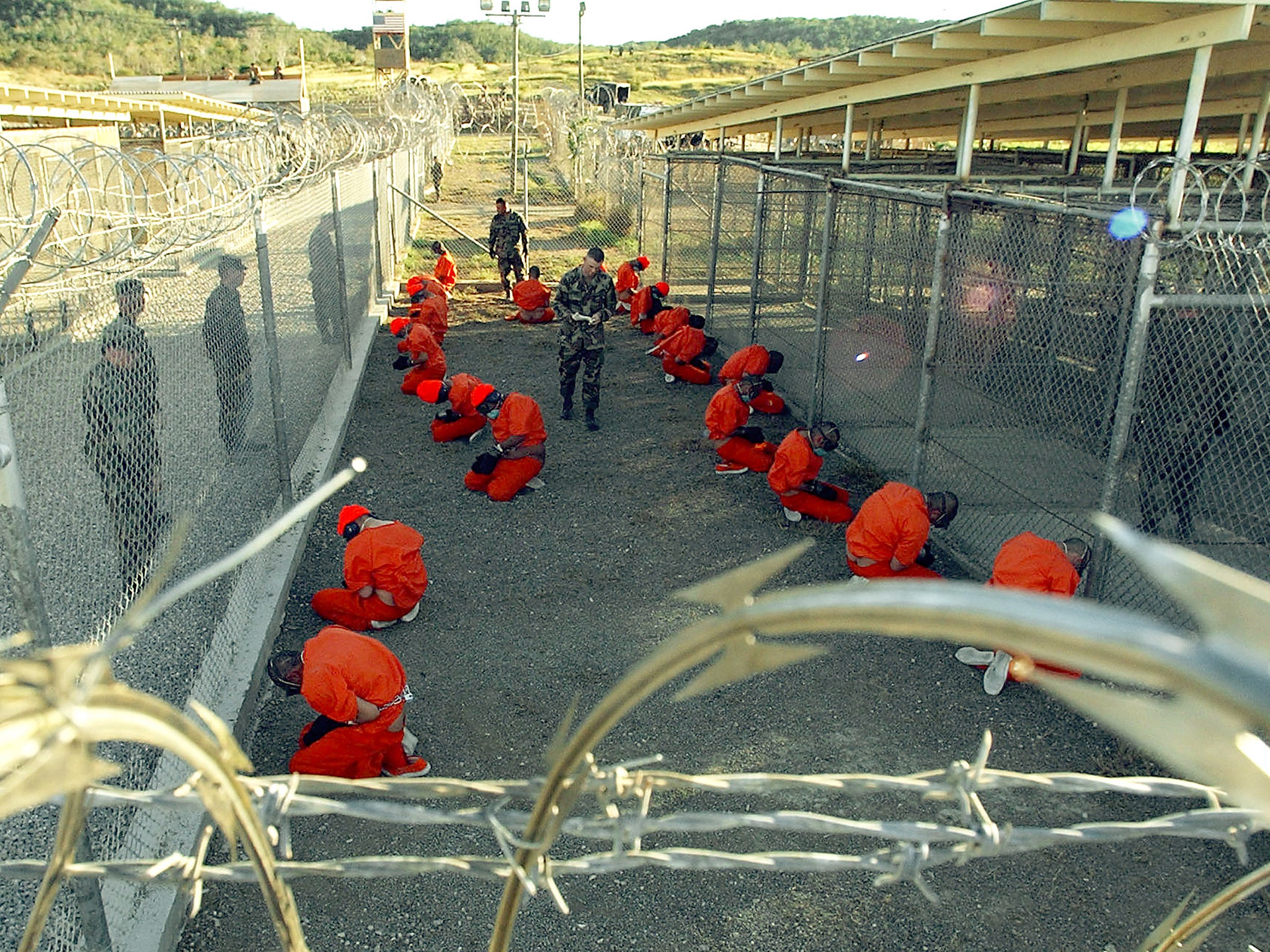Lithuania and Romania fined for complying with CIA torture, European court rules
Each country must pay a hefty fine for damages stemming from charges that they did not properly assess the conditions of the prisoners

Your support helps us to tell the story
From reproductive rights to climate change to Big Tech, The Independent is on the ground when the story is developing. Whether it's investigating the financials of Elon Musk's pro-Trump PAC or producing our latest documentary, 'The A Word', which shines a light on the American women fighting for reproductive rights, we know how important it is to parse out the facts from the messaging.
At such a critical moment in US history, we need reporters on the ground. Your donation allows us to keep sending journalists to speak to both sides of the story.
The Independent is trusted by Americans across the entire political spectrum. And unlike many other quality news outlets, we choose not to lock Americans out of our reporting and analysis with paywalls. We believe quality journalism should be available to everyone, paid for by those who can afford it.
Your support makes all the difference.European judges have ruled that Lithuania and Romania violated the rights of two terror suspects by allowing the CIA to torture them in secret prisons within their borders.
The terror suspects — both said to be affiliated with al-Qaeda — were captured following the 9/11 terrorist attacks, and they are now being held by the US at the Guantanamo Bay prison facility in Cuba.
At the time of the torture of Abu Zubaydah and Abd al-Rahim al-Nashiri, the CIA was operating secret prisons in several locations, including within Lithuania and Romania.
Lithuania and Romania have both been ordered by the European Court of Human Rights (ECHR) to pay €100,000 (£88,000; $117,000) in damages to the two men. The court was unable to gain access to speak with the two men at Guantanamo.
The CIA managed to keep the so-called “black sites” they used for interrogation a secret for many years after 9/11, though the revelation of the sites eventually led to considerable concern and debate in the US and abroad about the conditions at the sites.
In some of the sites, interrogators used tactics like water boarding, which are considered by many to be forms of torture, and have been criticised for what detractors say is the method’s tendency to reveal false information.
The ECHR, in its ruling, said that Romania hosted one of those black site prisons from 2003 to 2005, and that Abd al-Nashiri was subject to “inhuman treatment… which Romania had enabled by co-operating with the CIA.”
The courts produced the same ruling against Lithuania, which hosted a black site prison from 2005 to 2006. There, Abu Zubaydah was subjected to a similarly harsh detention regime, according to ECHR.
The ECHR ruling noted that the two men were not treated to the harshest treatments while in Lithuania and Romania, but that both countries had helped the CIA and did not properly investigate the conditions of the prisoners. The countries then allowed the two men to be transferred to other prisons, where they had a “foreseeable serious risk of further ill treatment”.
Join our commenting forum
Join thought-provoking conversations, follow other Independent readers and see their replies
Comments